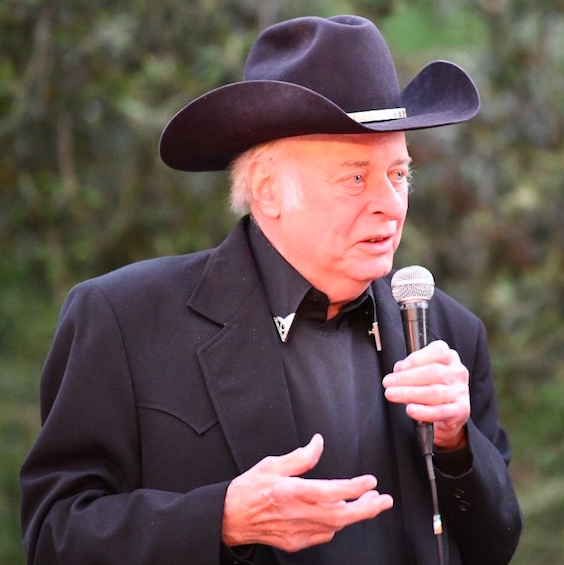BY JERRY STERNBERG
Everyone has the right to associate with those people with whom they are comfortable. This is true across broad categories such as race, financial status, religion and ethnic culture. What we can’t do, however, is deny someone else’s fundamental human rights.
The Jim Crow laws were state and local regulations introduced in the Southern United States in the late 19th and early 20th centuries that enforced racial segregation. Their purpose was to keep whites and Blacks separate, ostensibly to minimize social interaction. These laws were codified by elected officials of the Southern states and were strictly enforced.
There were also what I call the “Moshe Cohen laws,” which were designed to marginalize members of the Jewish community and similarly minimize social interaction. Unlike Jim Crow, most of these “laws” weren’t codified or sanctioned by any political or governmental authority, but they still carried substantial influence, both socially and economically.
The cruelest impact fell on schoolchildren.
State-sponsored religion
Most Christians in the South believed that this was a Christian nation and they lived in a Christian state — therefore their children should attend a Christian-oriented school. The point, however, is that these institutions were state-funded: Adults had to pay taxes to support the schools, and children’s attendance was mandatory. Unless parents were affluent enough to afford private schools, there were few options for those who did not want their children exposed to Christian teachings in the name of “education.”
To this day, much of the Christian community views the establishment clause of the First Amendment to the Constitution as merely a suggestion. Admittedly, the courts haven’t always agreed about how to interpret the wording, which prohibits Congress from passing any law “respecting an establishment of religion, or prohibiting the free exercise thereof.” In my mind, however, the issue is crystal clear: Under no circumstances should we use tax dollars in a way that puts citizens — regardless of their religious affiliation or lack of one — in the position of unwillingly having to pay for what is, essentially, religious education. This applies equally to yeshivas in New York that receive some state funding despite being heavily oriented toward Orthodox Judaism.
So, by allowing public school systems to teach Christian ideology, the Moshe Cohen laws ignored the Constitution. Jewish children were constantly made to feel uncomfortable and insecure by having to endure a daily Christian prayer, frequent New Testament readings and periodic school assemblies during which a preacher would expound on the dire consequences of not subscribing to the Christian faith.
Happy holidays
Jewish students were further marginalized by the fact that they did not share their classmates’ enthusiasm for the Christian holidays and were actually punished for absences incurred to attend Jewish holiday services with their families.
Of course, there was one great exception connected with Hanukkah, a Jewish holiday celebrated around the same time as Christmas. Jewish children got presents for eight days while Christmas gift-giving was confined to just one day. This actually led to Christian students envying their Jewish classmates.
Although I’ve shared the following story in a previous piece in this series, I think it bears repeating as a powerful testament to perhaps unconscious prejudice.
When I was in about fifth grade at Claxton School, our teacher put a big chart on the wall with the name of every class member. Every Monday morning, she would ask for a show of hands beginning with how many children had gone to church the day before. She then meticulously placed a small gold star sticker by the name of each child who held up their hand. This was followed by questions about how many children had attended Sunday school or Wednesday night prayer meeting. Each hand in the air won its owner another star.
After a number of weeks, she noticed that there were no stars alongside the names of the few Jewish children in the class. Soon after, the chart disappeared without explanation.
Years later, one of my own children, who attended David Millard Junior High at the time, told me that not only was she marked down for being absent on Jewish holidays but that one of her teachers always scheduled a test on those days, and she wasn’t allowed to subsequently make them up, resulting in an automatic zero grade.
Unconscious prejudice
For the most part, though, these teachers genuinely cared about their students and felt it was their noble duty to educate their charges and save them from the horrific consequences of going through life and into the hereafter without adhering to the teachers’ own strong religious beliefs. In the process, however, they tragically overlooked the possibility that some of those students lived in homes where some other religion — or maybe no religion — was practiced.
This perhaps well-intentioned behavior sets up a terrible conflict. Children are taught to love and respect their teachers, and they also love and respect their parents. So, who are they supposed to believe?
Asheville native Jerry Sternberg, a longtime observer of the local scene, can be reached at jvsternberg@gmail.com.




Before you comment
The comments section is here to provide a platform for civil dialogue on the issues we face together as a local community. Xpress is committed to offering this platform for all voices, but when the tone of the discussion gets nasty or strays off topic, we believe many people choose not to participate. Xpress editors are determined to moderate comments to ensure a constructive interchange is maintained. All comments judged not to be in keeping with the spirit of civil discourse will be removed and repeat violators will be banned. See here for our terms of service. Thank you for being part of this effort to promote respectful discussion.